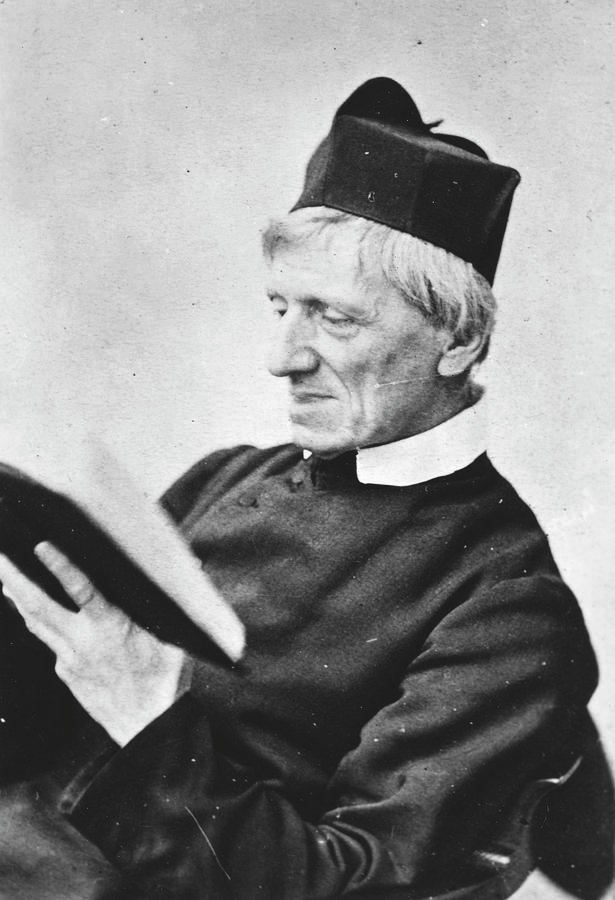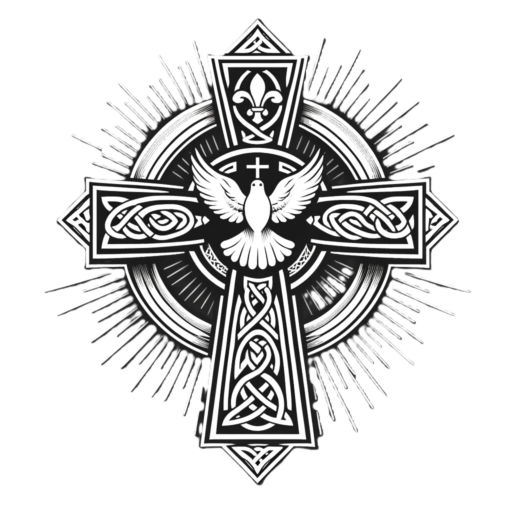St. John Henry Newman: Exploring His Life and Enduring Legacy
Exploring the Life and Legacy of St. John Henry Newman
St. John Henry Newman, a cardinal and influential thinker of the 19th century, profoundly impacted religious thought and education. Initially an Anglican priest, Newman was a key figure in the Oxford Movement, which aimed to restore Catholic elements within the Church of England. His journey of faith led him to convert to Catholicism in 1845, a decision that was both celebrated and criticized in his time.
Newman’s eloquence and depth of thought are evident in his many writings. One of his most famous quotes, from his work Apologia Pro Vita Sua, (#ad) reflects his personal spiritual journey: “To live is to change, and to be perfect is to have changed often.” This idea emphasizes the importance of growth and adaptation in one’s spiritual life.
As a cardinal and educator, Newman also valued the role of university education in developing one’s character, not just intellect. He believed in a holistic approach to education, famously stating, “University training is the great ordinary means to a great but ordinary end; it aims at raising the intellectual tone of society… It is the education which gives a man a clear, conscious view of his own opinions and judgments, a truth in developing them, an eloquence in expressing them, and a force in urging them.”
Newman’s impact is echoed by others who have studied his works. According to Ian Ker, a biographer of Newman, “Newman’s insights into faith, reason, and the university remain as relevant today as they were in his own time.”
Newman was canonized as a saint in 2019, with Pope Francis recognizing his “zeal for the salvation of souls” and his “defence of the revealed truths.” His legacy is a testament to his belief that faith and reason are complementary, not contradictory, guiding principles in the search for truth.

- Anglican Beginnings: Initially an Anglican priest, Newman was integral to the Oxford Movement that aimed to reintegrate Catholic elements into the Church of England.
- Catholic Conversion: His conversion to Catholicism in 1845 dramatically impacted his life and the broader religious community.
- Cardinal Appointment: In 1879, he was named a cardinal by Pope Leo XIII, acknowledging his theological contributions.
- Educational Philosophy: Newman championed liberal education, founding the Catholic University of Ireland, focusing on holistic intellectual and moral development.
- Sainthood: Pope Francis canonized him in 2019, honoring his profound spiritual legacy and influence on Christian thought.

Newman's Devotion to Saint Philip Neri
🌟 Who Was Saint Philip Neri?
Saint Philip Neri, known as the “Apostle of Rome,” was a 16th-century priest who founded the Oratory, a community focused on personal holiness and service to others. His approach to faith was joyful and centered on community support.
🔗 Newman’s Connection to Neri
St. John Henry Newman deeply admired Philip Neri’s approach to religion. After converting to Catholicism, Newman established the first English Oratory in Birmingham in 1848, taking inspiration from Neri’s community-oriented style of worship.
📚 Why Neri Inspired Newman
Newman was drawn to Neri’s mix of deep spirituality and simplicity, his kind way of guiding people, and his ability to balance strict religious practice with compassion. Newman saw Neri as an excellent example of how to engage with contemporary issues while maintaining a strong faith foundation.
🌍 Newman’s Application of Neri’s Principles
Inspired by Neri, Newman’s work in education and theology reflected a similar balance. He promoted the role of laypeople (non-clergy) in the Church and approached religious debates with care and depth, showing how Neri’s innovative and pastoral spirit influenced him.
